
Travelers dishonor COVID-19 social distancing guideline
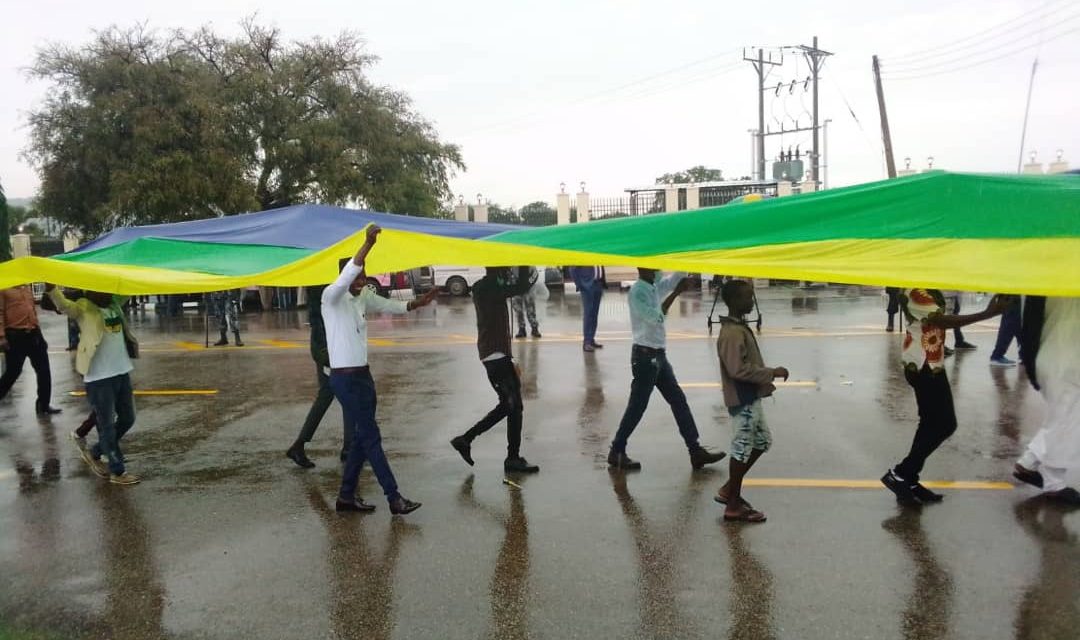
An account narrated by one eye witnessed and a traveler we shall only identify as Irigu. He saw people queue for tests at the Dr. John Garang Infectious Disease Control Centre in Juba., South Sudan
My experience to test for Covid-19
First, we went to our level 1 clinic in Thongping, but I was turned away because I didn’t sent email 10 days earlier to book for the PCR test.
We then took a boda and rode to “Banki-dom”, the only blood bank and national lab in the country. At the main compound, we were directed to go behind the building. However, the was an abandoned building with a rusted padlock on one of the alley doors.
Some cars were parked outside, and the place clearly looked unused. We then got back to the reception and asked where exactly do we go for the coronavirus test?
They then asked to the Dr. John Garang Infectious Diseases Centre, which opposite the Dr. Biar Sports Complex, in the area we commonly knew as Hai Tomorogiya, (one of the suburbs of Juba city).
On reaching there, the queue was unbelievable! A long frustrating line of not very happy people. Some children were lingering among the crowd, trying to play. Some boring looking teenagers sitting, standing and others trying to make jokes among themselves.
All sorts of people were there, mundukurat (an informal slag in South Sudan for an Arab person), Kawajat (Whites), Chinese, Habesh (Eritreans and/or Ethiopians), Hindu (Indians) and nationals and foreigners from the region.
Ahead of the queues was a window where people registered for sample (collection) and the next door, where the biggest crowd was, is where people were called in to go for sample collection to be tested for COVID-19.
I tell you, there was no social distancing, people were shoveling each other freely. in fact, some people were never bothered by people touching them as everyone was focused on. Getting their samples collected for texting.
Some people had come to the venue for a couple of days. They were here the previous day and spent the whole day trying to register. It’s a difficult one. If you miss it, you will have to wait for another day and your flight will have to be rescheduled. You will stay an extra day in the queue.
There were two queues; the first is a one-day effort to only get your name on the register of total 250 persons to be tested the following day. After your name is registered, you are then asked to go home and return the following day for your saliva samples to be taken for COVID-19 test.
Then you come back for your result on the third day. In total, one would have spent three days for all the processes taken to final get a COVID-19 certificate to allow one travel. If you fail to register your name on the first day, then you have another day extra added.
Alternatively, there is a clinic in Nimra Talata called MRDI, they test UNMISS staff for 100 US Dollars and your result comes out in the evening of the same day. That’s were went and tested and received my COVID-19 results the following day and it was negative.
Some Rotarians helped me fluke into the line, but I guess I was treated as a very important person (VIP) because I’m a Rotarian.
The featured images show a group of people keeping a social distance during the celebration of the final Sudan Peace Agreement in September at the Dr. John Garang Mausoleum in Juba. Photo by David Mono Danga.

















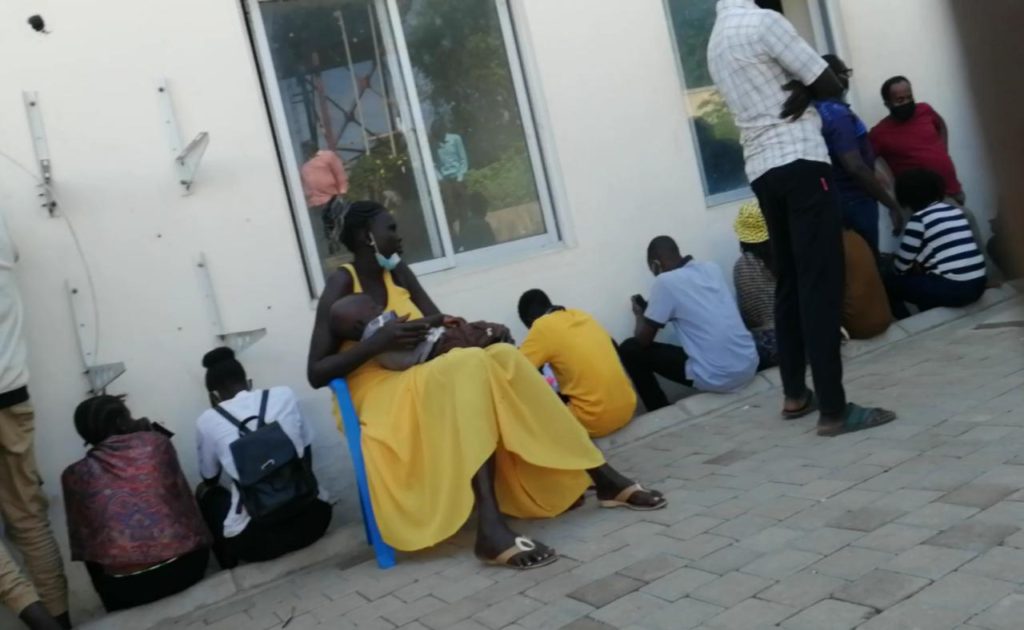
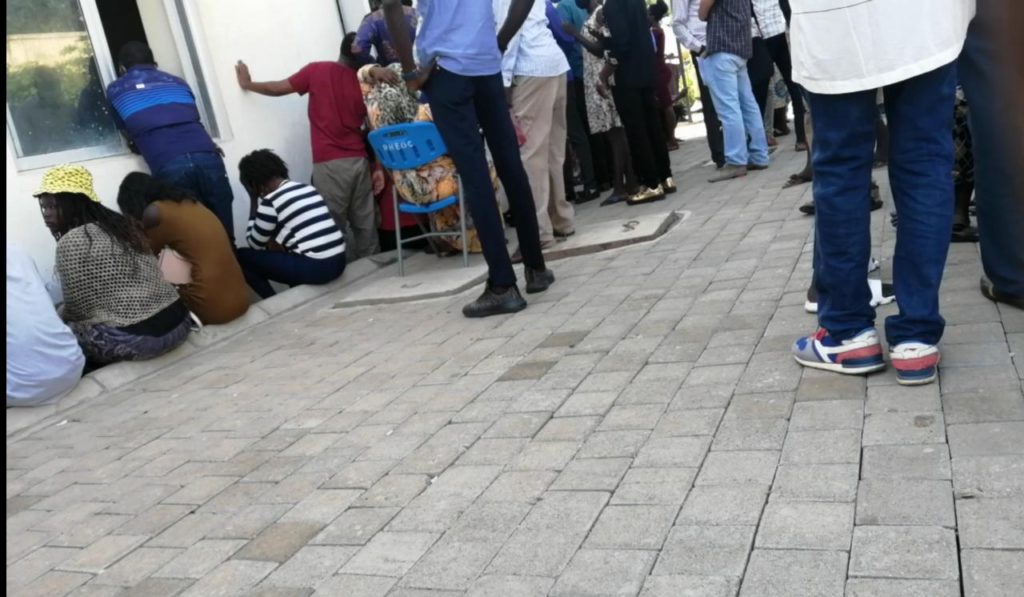
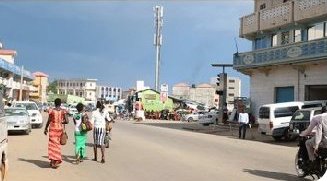
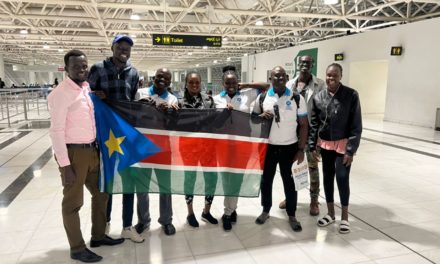
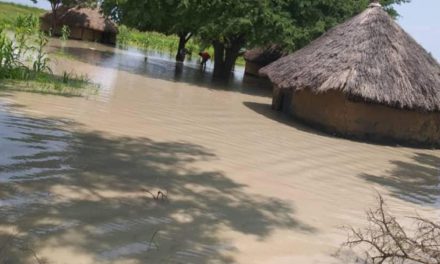
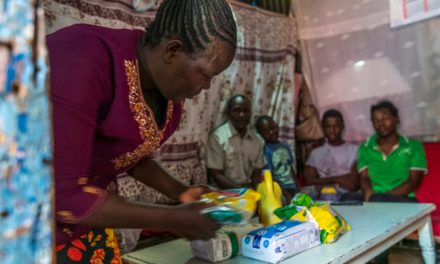
Recent Comments